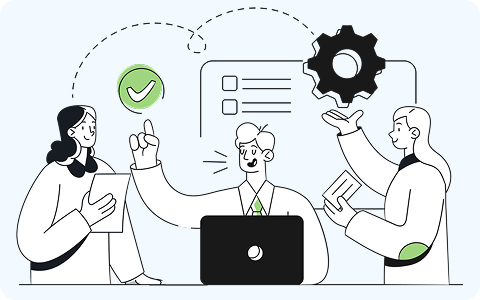
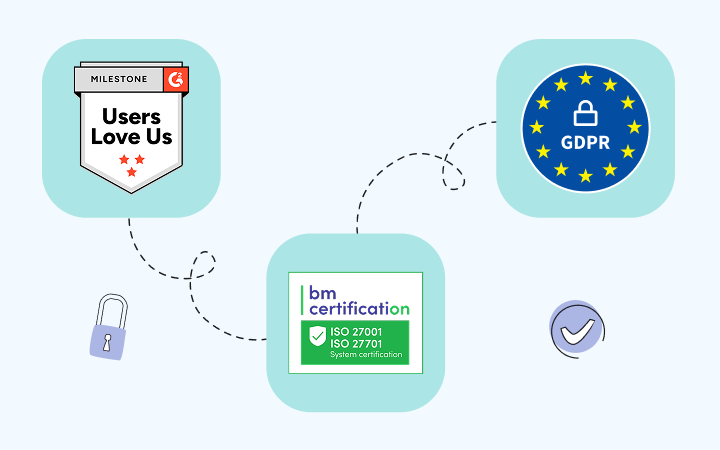
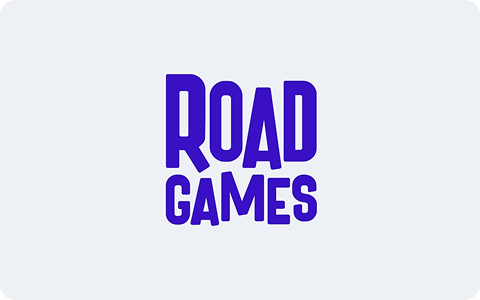
🍪 Allow functional cookies?
We use Zendesk messaging software for easy communication with our clients. Zendesk uses cookies to interact with website visitors and provide chat history.
See our Privacy Policy for more info. You can change your cookie preferences at any time in our Cookie Settings.
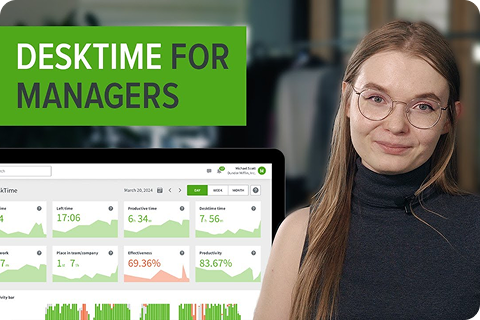



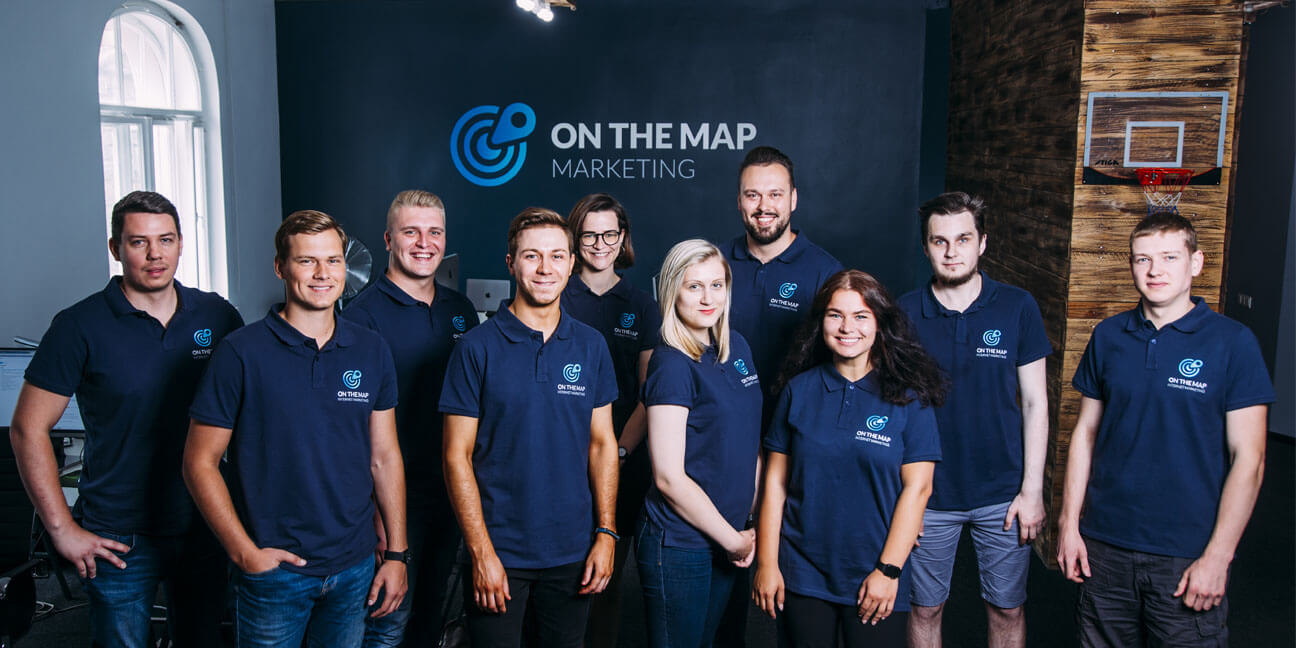
On The Map Marketing is a digital marketing agency with more than 50 employees across Miami, Los Angeles and Riga, Latvia. Kaspars Milbergs is the CTO of the company, and he also runs the Riga office.
'A few years ago, I had the chance to open the On The Map Marketing office in Riga. Today, my main tasks include making sure that all technical solutions run smoothly, creating new tools for our customers, as well as managing our team of 17 people who are based here,' he tells us.
The company started to use time tracking software when they were opening up their Riga office. As Kaspars tells us, he, first of all, wanted to understand how much time he himself spends on different tasks, and then - for managing his remote employees.
The team has been using DeskTime for half a year now. 'For two years, we used Timecamp, but then the software became overly complicated and we started to notice many bugs. Their web version became difficult to use - it was freezing all the time. So, we started to look for an alternative, and in January 2019, we switched to DeskTime,' Kaspars says.
The team of On The Map Marketing uses DeskTime for productivity tracking. This way, they have a detailed view of how many hours employees have spent on projects and how to plan work ahead more effectively. Then, they use the tracked data for calculating salary bonuses.
'Every month, we pay a bonus to our most productive employee,' he explains. At the end of the month, they make productivity reports available to everyone, so people can see how have they done when compared to others. According to Kaspars, that creates positive competition between the employees, and the company benefits from that.
They also use DeskTime to keep an eye on their remote employees. 'Our employees can have remote days, but then we want to make sure that they're actually on tasks.'
Everyone in the team is required to work at least 35 hours a week, even though the standard workweek is 40 hours. However, the best developers still log 60+ hours per week on DeskTime.
'Anything surprising you've found out from DeskTime data?' we ask Kaspars, and his answer is: 'Of course.'
We've noticed that some employees spend a lot of hours in the office, but their productivity, surprisingly, is lower when compared to the rest of the team.
'And the other way around - some of our top performers spend less time in the office. We were also surprised to discover that one of our SEO experts who works remotely from Cyprus and, occasionally, from our Riga office, actually works more hours than anyone else.'
Kaspars' observations confirm two things that have already been found before:
People who usually work the most hours in and out of the office tend to have the productivity rate lower than people who stick to the typical 40 hours workweek.
On the other hand, employees who work remotely tend to have more flexible working hours, and they can end up working longer hours. That is due to the fact that remote employees are free to choose where they want to work from, which is - whenever they feel most productive. When they're in the flow, time flies.
Finally, asked to whom he would recommend using a time tracking software, Kaspars says:
'For business owners and managers who want to gather accessible tracking data at one place and are interested in understanding the overall productivity in a company and employee performance in various client projects throughout working hours.'
I'd also recommend DeskTime for companies with remote employees or home-office days - time tracking allows people who work remotely feel certain that their work, effort, and dedication won't stay unnoticed.
In conclusion, Kaspars adds that time tracking is a great tool for motivating employees and encouraging friendly competition between team members. And it's also a way for people to understand how productive they are, where they spend their time and then, make a conscious decision to improve their habits if that's necessary.
Forget manual entries and distractions. With DeskTime, time tracking runs on autopilot—zero effort needed.